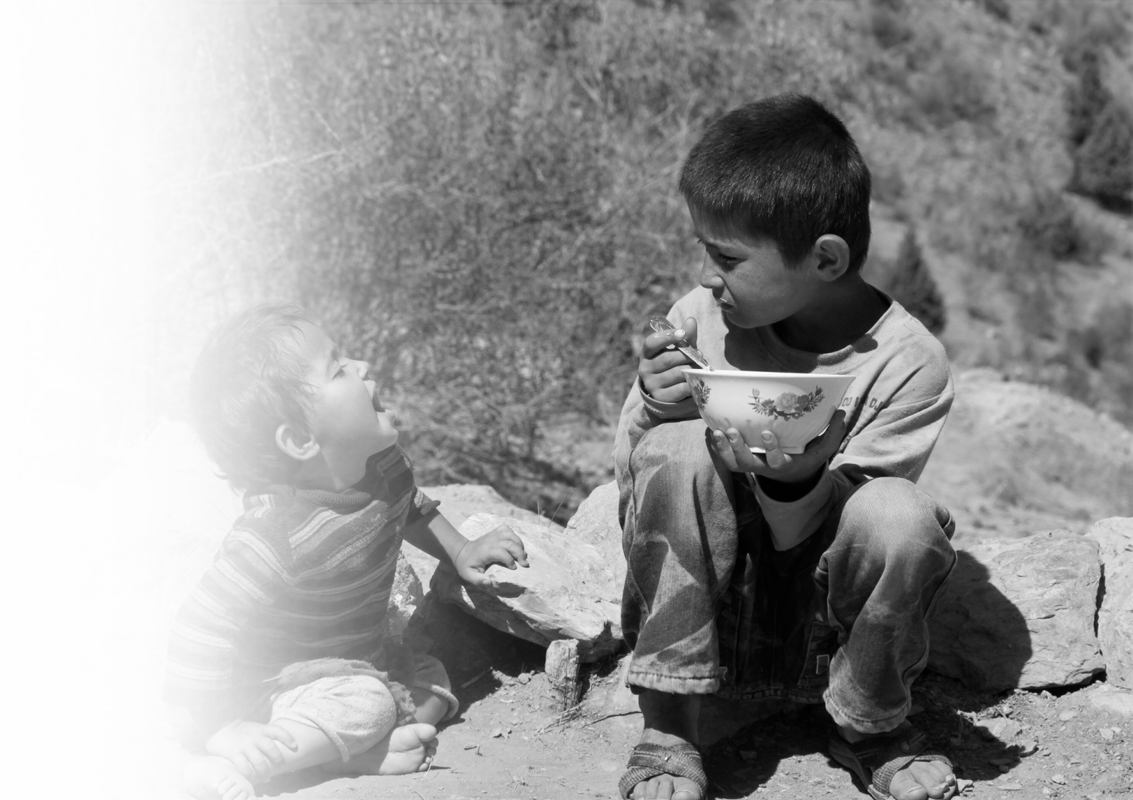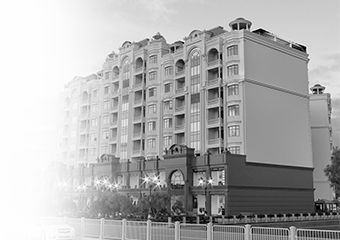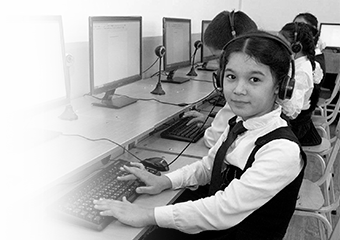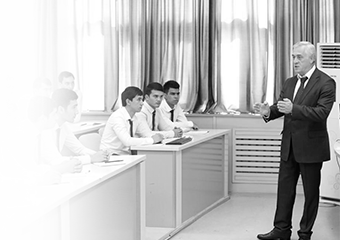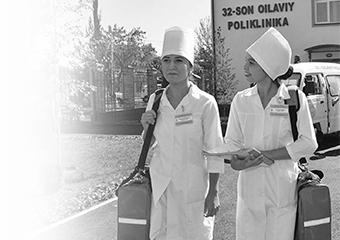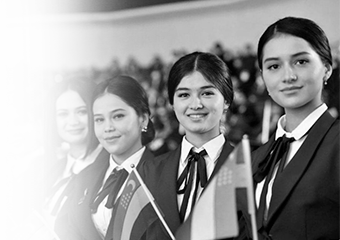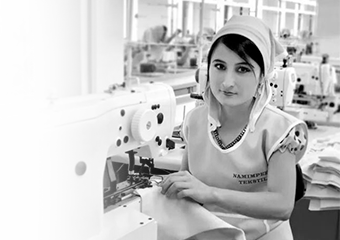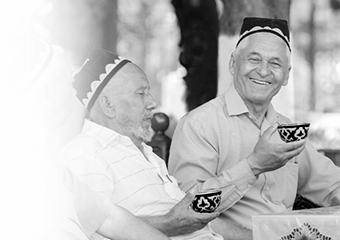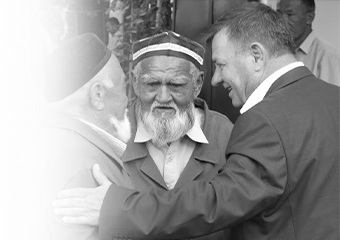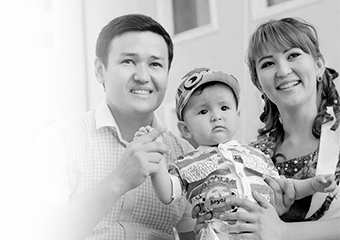Special focus on poverty reduction
Main indicators
1991-2016
- There was no separate government agency dedicated to poverty reduction
2017-2020
- Established Ministry of Economic Development and Poverty Reduction
1991-2016
- 28% in 2000
2017-2020
- In 2020 – 11%
1991-2016
- This practice did not exist
2017-2020
- provision of land plots ranging from 10 hectares to 1 hectare to citizens
1991-2016
- This practice did not exist
2017-2020
- state registration of unemployed persons starting an entrepreneurial activity and payment of membership fees to craft associations have been established
1991-2016
- This practice did not exist
2017-2020
- provision of subsidies up to 7 million soums for the purchase of equipment belonging to persons wishing to start a business
1991-2016
- This practice did not exist
2017-2020
- low-income families are exempted from payment for preschool educational organizations, children from low-income families studying at school are provided with seasonal clothing
1991-2016
- This practice did not exist
2017-2020
- Mono-centers, vocational training centres, and vocational training centres in makhallas were created, through which 116.1 thousand unemployed citizens, especially young people and women, were trained on a free basis in modern professions, and their qualifications were improved
1991-2016
- Not engaged in poverty reduction
2017-2020
- “Mahallabay” (“on every mahalla”) system of work was created, based on which Temir Daftar (Iron Notebook), Ayollar Daftari (Women's Notebook) and Yoshlar Daftari (Youth Notebook) were created
1991-2016
- Until 2016, there were no measures to prevent and reduce poverty in the country
2017-2020
- A system of work "makhallabay" was created, based on which the problems of citizens included in "Temir Daftar" (300 thousand population), "Ayollar Daftari" (433 thousand women) and "Eshlar Daftari" (648 thousand youth) were studied, and targeted work was carried out in specific areas (vocational training, employment, entrepreneurship, financial assistance)
1991-2016
- There was no government agency dealing with poverty
2017-2020
- Established Ministry of Economic Development and Poverty Reduction
1991-2016
- This practice did not exist
2017-2020
Main directions of functioning of the "makhallabay" work system:
- organization of training courses aimed at identifying the interests and aspirations of the population to engage in entrepreneurial activity and developing their knowledge and skills for engaging in this activity
- poverty alleviation by providing practical assistance to young people and women to enable them to realize their interest in entrepreneurship. As a result, achieving their self-employment
- identification of "growth points" of makhallas, the establishment of new entrepreneurial activity based on these population growth points, the establishment of cooperation of active business entities
In the system of work "makhallabay" in each makhalla, the sources of the income of each family, a condition of use of an available household farm in the order "honadonbay" (on every household) are studied
1991-2016
- This practice did not exist
2017-2020
The list of "Temir Daftar" includes the following categories of families:
- families with members with disabilities in groups I and II who require social support
- lonely and older adults with low income
- needy families that have lost their breadwinner
- families in need of material support, with many (4 or more) children
- low-income families with non-disabled unemployed persons
- low-income families in need of medical care (families with disease leading to chronic or severe disability, as well as families with no sufficient source of income, with members for whom the disability group has not been established)
- low-income families living in non-residential premises do not have a dwelling under the name of any family members living together
1991-2016
- This practice did not exist
2017-2020
The Ayollar Daftari list includes the following categories of women over the age of 30:
- unemployed women in need of social protection
- women in need who have lost their breadwinner
- women with disabilities in groups I and II who need social support
- women with disabilities of group I who need housing repair
- women living in non-residential premises who do not have a dwelling in their own name or the name of family members living together
- single women with one or more disabled children of group I or II
- low-income women in need of medical protection
- women in need of legal aid
- women who require psychological counselling
1991-2016
- This practice did not exist
2017-2020
- An electronic program "Yoshlar Daftari" was created to address the unemployed young people aged 18-30 years
- “Yoshlar Daftari” includes graduates, unemployed young people, young people with disabilities who need work, young people who have returned from abroad, young people released from penitentiary institutions, young people who have returned from military service.
- A new system of employment and poverty reduction will be introduced
Including:
- Work carried out on the ground will be under the control of the chambers of the Oliy Majlis and local Kengashes.
- A targeted program will be adopted for each district and city, and khokims will report to the population on their implementation through the media.
